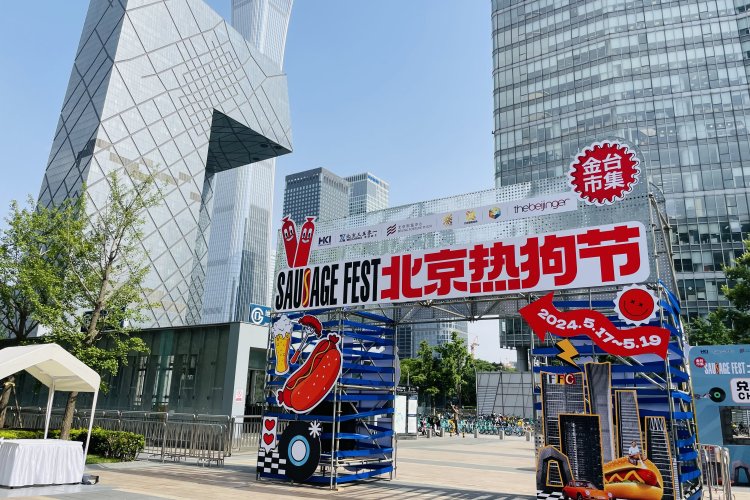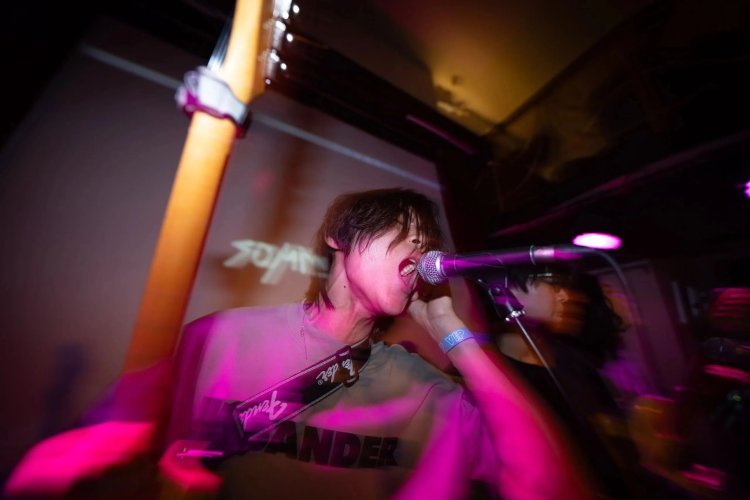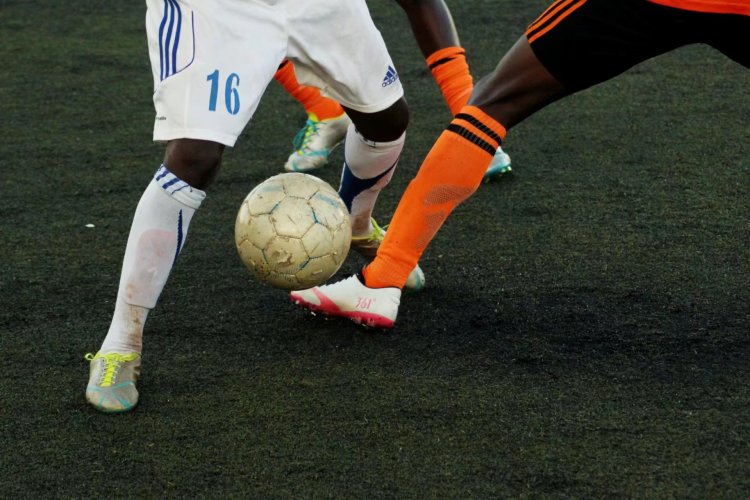Smile Like You Mean It: Operation Smile's Scott Snyder
Cleft lips and palates are the fourth most common birth defect in the world, and due to a lack of resources, an estimated one million people are presently left untreated. Since Operation Smile’s first international mission to China in 1991, they’ve performed over 20,000 reconstructive surgeries. We spoke with program development manager Scott Snyder about the importance of giving every child the chance to lead a normal life.
How did Operation Smile get started?
Operation Smile was founded in 1982 by Dr. Magee, a dentist and a plastic surgeon, and his wife. He was invited by a group to the Philippines to perform cleft lip/palate surgeries. When he arrived, there were 250 people waiting in line for surgery. He did 40 in one week, and people were begging him to come back. He wasn’t sure if he had the resources and time to do it alone.
The following year they raised the money and generated support within the community. Dr. Magee and one of his fellows from Hangzhou, Dr. Han Kai, began expanding Operation Smile to the Philippines, Columbia and Kenya. Then in 1991, Dr. Han Kai helped form a board in Hong Kong, thereby initiating Operation Smile China. For awhile they simply worked from there, then later developed a team out of Hangzhou.
We started with one mission a year, grew to four or five, and now we do about 15. Our operation charity hospital is based in Hangzhou. We perform about 2,500 surgeries a year there; last year, we did approximately 2,743. If patients can’t come to us, we’ll go to them.
Why is Operation Smile necessary in China?
The average cleft lip surgery in this country costs RMB 8,000 and takes about 40-50 minutes. The cleft palate surgery, on the other hand, can require up to seven operations and gets quite pricey. In the US, UK or Canada, the healthcare system takes care of it. But in China, you have to pay. Many families can’t afford such an operation, or don’t even realize the service is available. And because of the Single Child Policy, too many afflicted kids are abandoned or put up for adoption.
The most important thing we’re doing here are the medical missions. In China, they each take about five days long. We can perform about 100-125 surgeries per mission.
In China, because we’ve been here for so long, we have a ton of local volunteers – just as good or even better than what we have in the US. We’re planning to open up another charity hospital in Kunming. We don’t have a hospital in Beijing. We focus more on second- and third-tier cities. Patients can usually afford cleft lip/palate surgeries here.
What is the easiest way to prevent the deformity?
We’re not yet sure where they come from. So far there are two theories: one is that it’s genetic, the other that it’s environmental. A lack of folic acid, smoking or drinking while pregnant, and pollution all seem to be contributing factors, but the answer is still kind of up in the air.
How does having a cleft lip/palate affect one's quality of life?
By the time children with this deformity reach five or six years old, they’re going to school and getting ostracized. They often end up staying at home just to avoid such abuse.
Physically speaking, when a child is born with an especially bad palate, their parents don’t even know how to feed them. Many kids come to us suffering from severe malnutrition. Some can’t even talk correctly and require speech therapy. In China, those services aren’t even available; we’ve had to train a speech therapist at our Hangzhou charity hospital ourselves.
How have you seen the reconstructive surgery transform lives?
I see the start of a change in someone's life on missions immediately after a surgery. You can either see the pure joy on a mother or father’s face when they see their baby for the first time with a new smile, or the actual patient if they are old enough to grasp how much different they look. I remember specifically on a mission in India that after a girl about 15 years old received surgery, her parents were crying as they said she could now get married and have a normal life.
How can we help?
Introduce Operation Smile to wherever you’re working to see whether they want to partner up with us as a corporate partner. We do need non-medical volunteers as well, for translation or administrative work on missions. Or if you know of anyone who wants to get involved – we have tons of upcoming events as well.
ALSO...
1) Celebrate Operation Smile's 20th anniversary at their 2011 Beijing Charity Gala (includes dinner, live performances and a charity auction) on April 28 at the Marriott Beijing City Wall. Individual tickets start at RMB 3,500, tables at RMB 38,000. Contact Ms. Julia Jorgenson for details at julia.jorgenson@operationsmile.org or 138 1055 1450.
2) Make a donation. Money can be wired directly to Hangzhou Operation Charity Hospital 杭州微笑行动慈善医院 (Bank of China 中国银行开元支行 account number: 8001 3524 1808 091001).
3) Sign up for the Beijing & Tianjin Marriott International Hotels Charity Golf Tournament, to take place on May 27 at Citee Golf Club. After spending the day on an 18-hole championship golf course, head inside for a cocktail reception, BBQ dinner and awards ceremony for the winners. All proceeds benefit Marriott's charity of the year Operation Smile. Tickets start at RMB 1,288. Call Patrick at 134 0108 8173 for more info.






